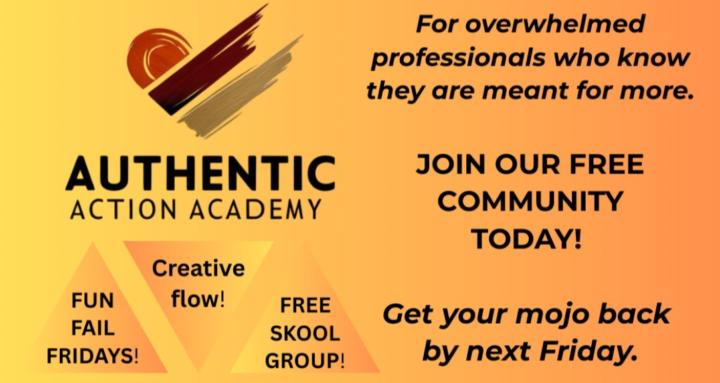Dec '24 (edited) • Wins!
Looking through a variety of lenses... Setting SMARTRR Goals.
I love a good lens, and I love how we can use a variety of lenses to look at a variety of things, and how the combination of the lens and the things we look at add up to new/unique perspectives and insights.
This morning I was looking at The Shift (the book and course I am currently working on) and Learning Emotional Regulation through the lens of SMART goals and loving the practical, applicable outcomes...I thought I'd share and document my notes here.
Let me know if you find any of this useful or if it sparks any questions or ideas. I added a couple RR's to make them SMARTRR. :)
Having a vague goal leads to vague outcomes. The more specific we can get, while also being strategic about what we choose to focus on (and when, and how, and with whom), the more effective our goal-setting can become.
Applying SMARTRR goals to Building Your Own Emotional Regulation Toolbox and Developing Emotional Mastery:
- Specific--Be specific about what you want to achieve. Is it fewer meltdowns--like less than one a month instead of three a week? Is it better relationships at work--like, three friendly exchanges around the 'water cooler' or in the teacher's lounge? Is it better focus--like checking off three out of three daily goals for five days straight? Remember the 80:20 Principle.
- Measurable--Get real and clear about where you are now in relation to where you want to get (just the next step). Review what will happen if you do not hit your target (punishment/incentive). Consider minimum--target--optimal options if you desire more flexibility. Choose your method of measurement and tracking/charting your progress. Will you use a 1-5 rating scale? Emojis? Binary checks? (ie maybe it's rating your mood on a scale or maybe it is checking off the days you do the thing you set out to do)
- Actionable--CAN YOU DO THE THING? (ie it could be meditating at least ten minutes a day for ten days and rating your mood 5 times a day each of the days)
- Realistic--Do the best you can, don't overthink it. Make an educated hypothesis. You will adjust this along the way and as you improve and stretch your goals. Aim for about 5% beyond your comfort zone. (unless you are leaping into quantum mastery level with an improbability drive at play) ;)
- Timebound--Put a date on it. Remember this is for you. On the date, evaluate your progress, reward yourself if you achieved your goal (it is helpful to make at least one part of your goal simply doing the thing/accomplishing the steps of an attempt from setting the goal to reflecting on successes and failures).
- Reflect and Repeat. Reflect on what went well and what did not, and why. Adjust your plan, reset a goal, and repeat the process. *Remember the 80/20 Principle. Wisdom is whatever works.
~ZGALA
0
0 comments
powered by

skool.com/authentic-action-academy-2572
For Courageous and Curious Creative Types. We learn by doing, and then by teaching and sharing --the good, the bad, the ugly, and the awesome!
Suggested communities
Powered by
